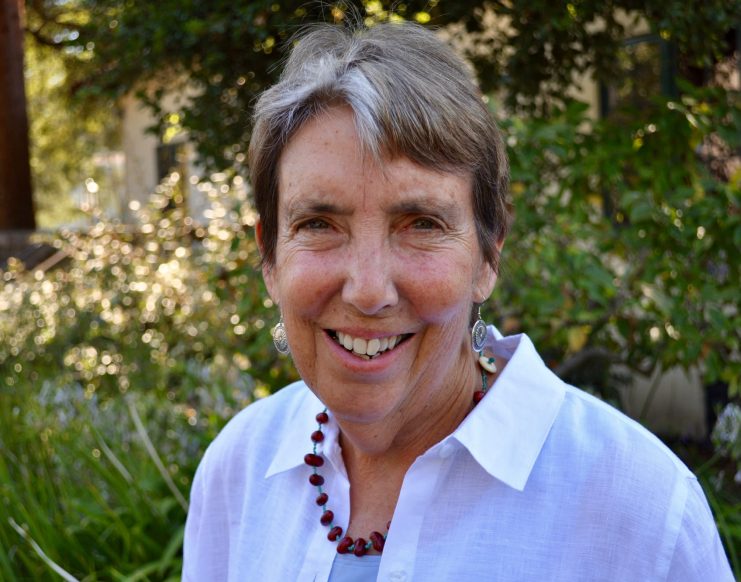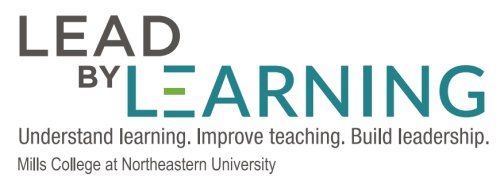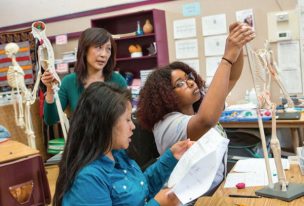
Support for teacher learning as an agenda for change
Written by Dr. Anna Richert, Faculty Director of Mills Teacher Scholars (more about Anna).
Given Bill Gates’ fiscal role in supporting matters educational, I was happy to read his NYTimes OP-ED piece opposing the publication of individual performance assessments of teachers. Gates claims he is not against teacher evaluation per se, but, he writes, “publicly ranking teachers by name will not help them get better at their jobs or improve student learning.” I agree. At the same time I wonder if Gates is overly optimistic with his assumption that the purpose of teacher evaluation—conceived as it is with this “value added” scoring and then publishing methodology—is actually designed to improve teaching and student learning. As implemented, the connection is not clear.
Designed as a means to promote teacher learning and build practice rather than judge teachers and rank them, the Mills Teacher Scholars (MTS) provides support for teachers to explore areas of their teaching that they want to improve, and then support for making the changes that will help them better meet their students’ learning needs. Teachers identify an area of the school curriculum where students struggle. They frame a question about their students’ learning in that area about which they want to gain understanding. They pursue this question by systematically collecting examples of student work over time, and collaboratively analyzing that work with colleagues who help them make sense of what the students do and do not know as well as what they can and can not yet do. Teacher learning about student learning is at the heart of the Mills Teacher Scholars work. Only with a deep understanding of student learning—one that goes beyond the reading of a standardized test score—can teachers alter their practice in ways that open up new and targeted opportunities for their students to achieve academic success.Aija, one of seven Mills Teacher Scholars at New Highland Academy in Oakland, provides an example. Aija is a fifth grade teacher and a four-year teacher scholar. Last year she focused her MTS work on her students’ reading comprehension after identifying their low scores on the state standardized test. She learned that she needed to make her students’ thinking both more visible to them and to her. In response she developed a new methodology for teaching students what it meant to “think while you read.” After experiencing excellent student learning outcomes and presenting her research findings at a school-wide forum, several of Aija’s colleagues decided to try that methodology in their reading instruction as well.
Developing a robust multi-faceted approach to evaluating teachers is clearly needed as we work to eliminate the achievement gap and reach better academic outcomes in our nation’s public schools. Publicizing teachers’ evaluation scores strikes me completely counter productive to that goal. Not only is it disrespectful of the teachers, it misrepresents the incredibly complex work they do. I fear the outcome will be to shut teachers down rather than open them to change.
If we are aiming for better student outcomes, a more urgent need in our nation’s public schools than evaluating and ranking teachers is a system-wide teacher-directed opportunity for professional development. Let’s move away from ranking teachers and instead support them to develop their practice. My suggestion is we begin by drawing on the expertise and professionalism of teachers by soliciting their ideas about areas of needed growth. They are “on the ground” doing the work and therefore best situated to understand their professional learning needs. We have learned in our work with the Mills Teacher Scholars that turning to teachers as a place to start brings about authentic engagement in reforming practice. I have seen evidence that this approach can lead to the student outcomes we desire.

